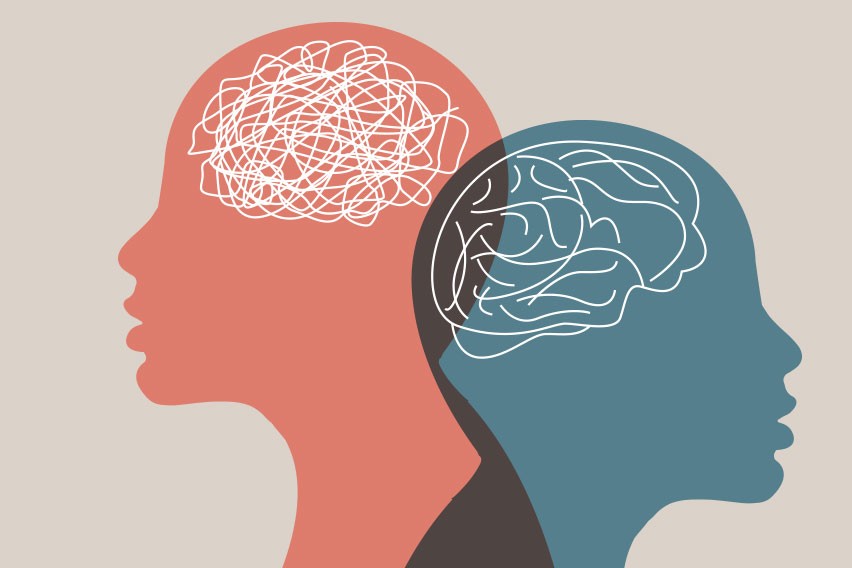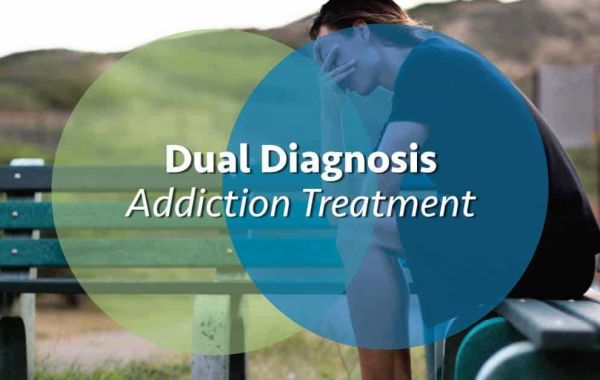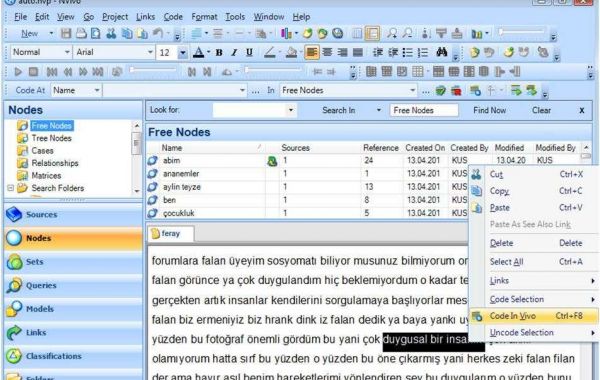In Pennsylvania dual diagnosis treatment centers are employing innovative techniques like motivational interviewing (MI) to address these challenges effectively. This article explores how motivational interviewing is transforming dual diagnosis treatment in Pennsylvania, with a special mention of Peace Valley Recovery.
Understanding Dual Diagnosis
Dual diagnosis, also known as co-occurring disorders, involves the simultaneous presence of a mental health disorder and a substance use disorder. Treating dual diagnosis is particularly challenging because each condition can exacerbate the other. Effective treatment requires an integrated approach that addresses both issues concurrently.
What is Motivational Interviewing?
Motivational interviewing is a client-centered, directive method for enhancing intrinsic motivation to change by exploring and resolving ambivalence. Developed by clinical psychologists William R. Miller and Stephen Rollnick, MI is particularly effective in addressing substance abuse and mental health disorders. It helps clients find the internal motivation they need to make positive changes in their lives.
The Role of Motivational Interviewing in Dual Diagnosis Treatment

Motivational interviewing plays a crucial role in dual diagnosis treatment by:
- Building Trust: Establishing a strong therapeutic alliance is essential for effective treatment. MI helps in building a non-judgmental, empathetic relationship between the therapist and the client, fostering trust and openness.
- Enhancing Motivation: Clients with dual diagnosis often experience ambivalence about change. MI addresses this ambivalence, helping clients discover their own motivations for change.
- Promoting Self-Efficacy: MI empowers clients by emphasizing their ability to change, fostering a sense of self-efficacy and confidence in their ability to manage their conditions.
- Reducing Resistance: By avoiding confrontational approaches and instead focusing on collaboration and empathy, MI reduces resistance and increases client engagement in the treatment process.
Pennsylvania Dual Diagnosis Treatment Centers and Motivational Interviewing
Pennsylvania is home to numerous dual diagnosis treatment centers that incorporate motivational interviewing into their treatment protocols. These centers recognize the importance of addressing both mental health and substance use disorders simultaneously for effective recovery.
Peace Valley Recovery: A Leader in Dual Diagnosis Treatment
One of the prominent centers in Pennsylvania that utilizes motivational interviewing is Peace Valley Recovery. Located in Doylestown, Peace Valley Recovery offers comprehensive treatment programs for individuals struggling with co-occurring disorders. Their approach is rooted in evidence-based practices, with motivational interviewing being a cornerstone of their therapeutic interventions.
Programs and Services at Peace Valley Recovery

Peace Valley Recovery provides a range of services designed to address the unique needs of individuals with dual diagnosis, including:
- Individual Therapy: One-on-one sessions where motivational interviewing techniques are used to help clients explore their ambivalence and build motivation for change.
- Group Therapy: Group sessions that provide a supportive environment where clients can share experiences and learn from each other, fostering a sense of community and mutual support.
- Family Therapy: Involving family members in the treatment process to help rebuild relationships and create a supportive home environment.
- Medication-Assisted Treatment (MAT): Combining medications with therapy to address both mental health symptoms and substance use cravings.
The Impact of Motivational Interviewing at Peace Valley Recovery
The incorporation of motivational interviewing at Peace Valley Recovery has shown significant positive outcomes for clients with dual diagnosis. The empathetic, client-centered approach of MI helps clients feel understood and valued, which is crucial for their engagement and commitment to the treatment process.
Testimonials and Success Stories
Many clients at Peace Valley Recovery have shared their success stories, highlighting the impact of motivational interviewing on their recovery journey. They report feeling more empowered, motivated, and confident in their ability to manage their conditions and maintain long-term sobriety.
The Benefits of Motivational Interviewing in Dual Diagnosis Treatment
Personalized Care
Motivational interviewing allows for a highly personalized approach to treatment. Therapists can tailor their interventions to match each client’s unique motivations, challenges, and readiness for change, resulting in more effective and individualized care.

Improved Treatment Outcomes
Research has shown that incorporating MI into dual diagnosis treatment can lead to better outcomes, including higher rates of treatment retention, reduced substance use, and improved mental health symptoms. By addressing the underlying ambivalence and building motivation, clients are more likely to commit to their recovery plans and achieve lasting change.
Enhanced Client Engagement
One of the primary goals of MI is to increase client engagement in the treatment process. By fostering a collaborative and supportive environment, clients feel more involved and invested in their recovery, leading to more active participation and better overall outcomes.
Conclusion
Motivational interviewing is a powerful tool in the treatment of dual diagnosis, offering a compassionate and effective approach to addressing the complexities of co-occurring disorders. In Pennsylvania, dual diagnosis treatment centers like Peace Valley Recovery are leading the way in utilizing MI to help clients build the motivation and confidence they need to achieve lasting recovery. By focusing on the client’s intrinsic motivations and reducing resistance, motivational interviewing is transforming the landscape of dual diagnosis treatment, providing hope and healing for those in need.








